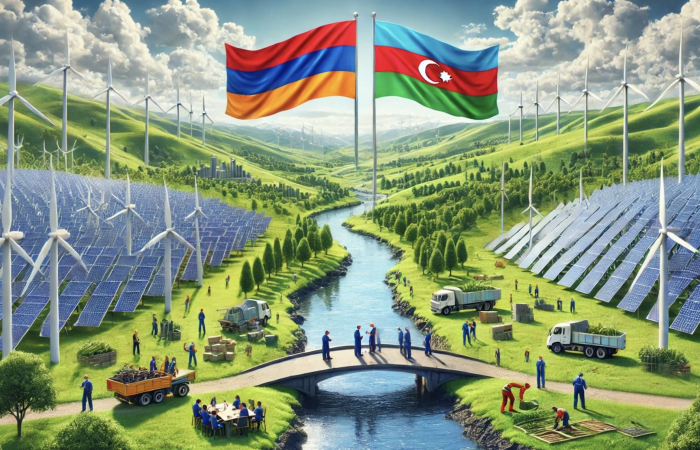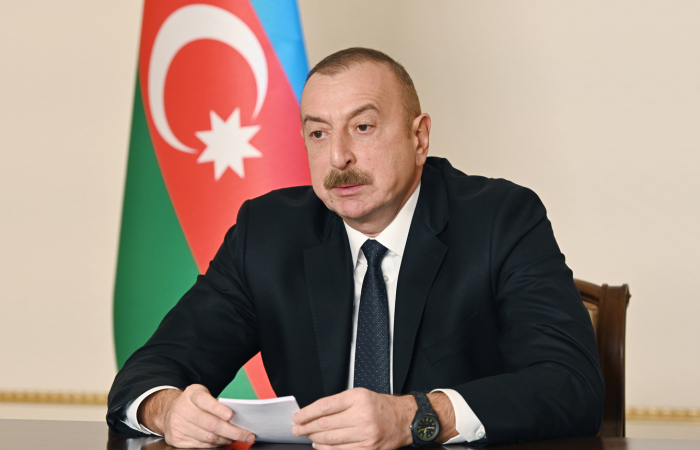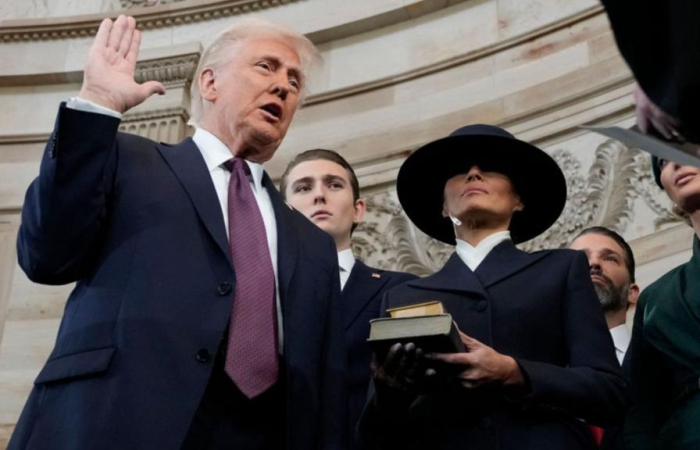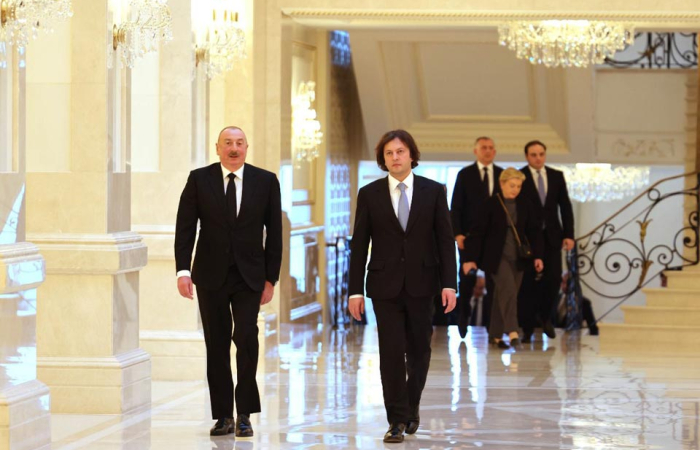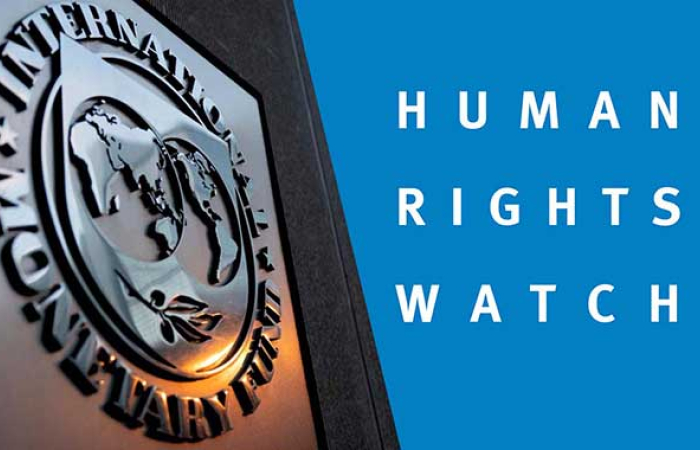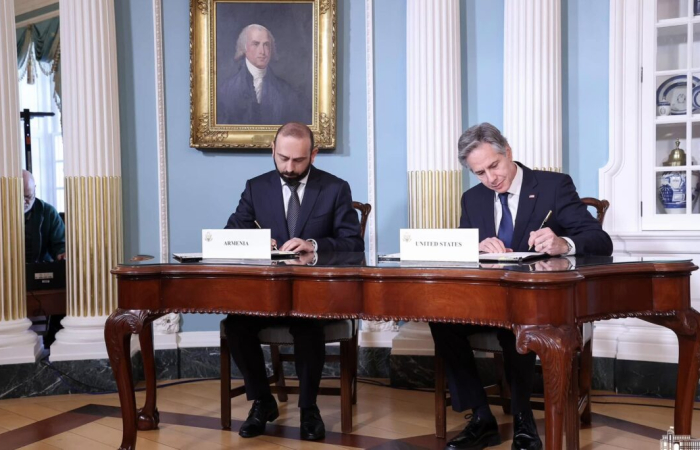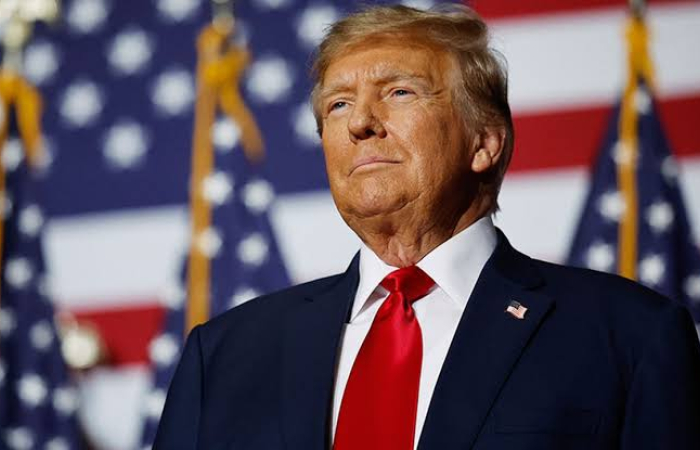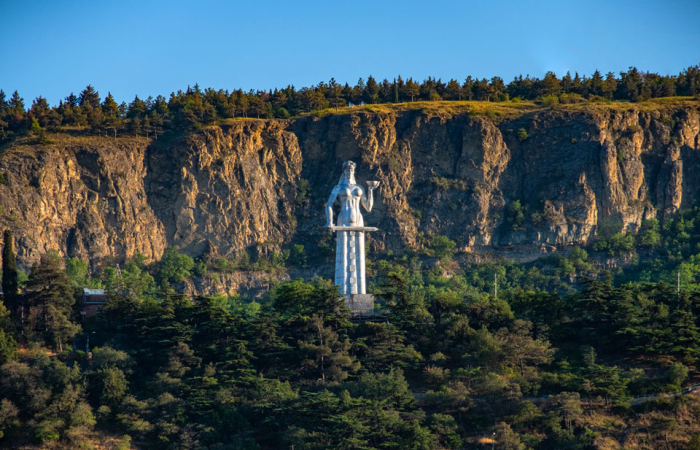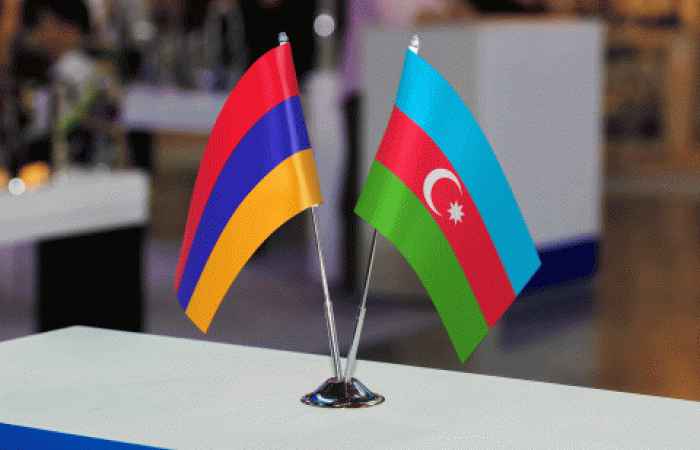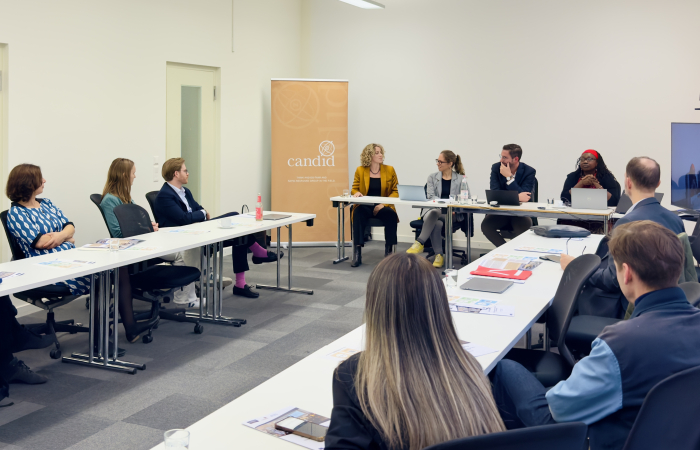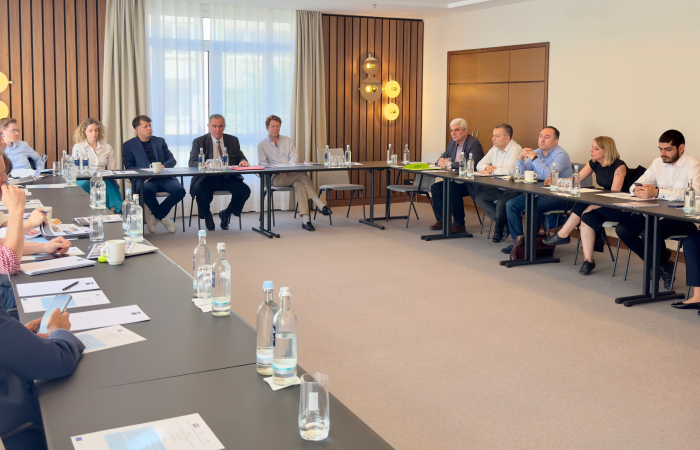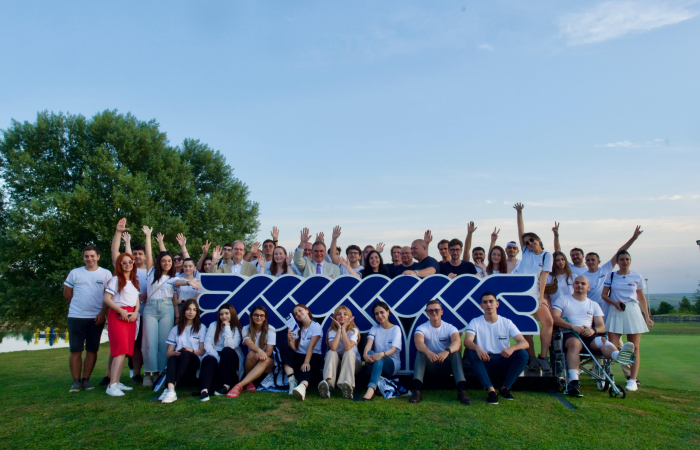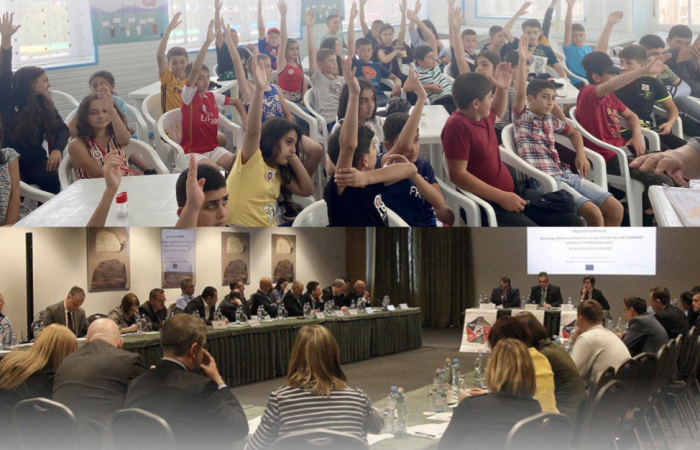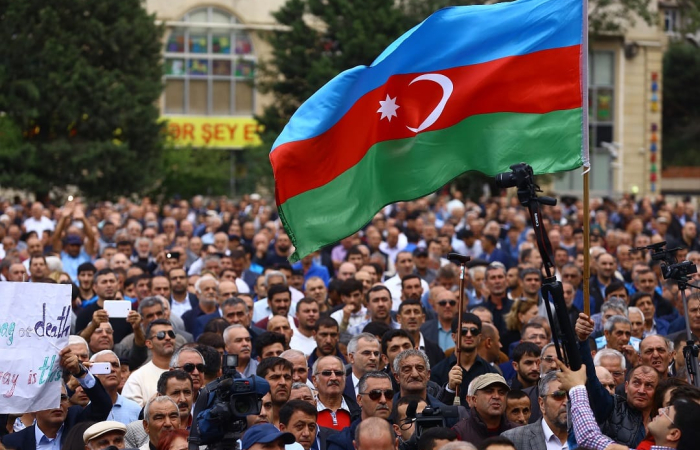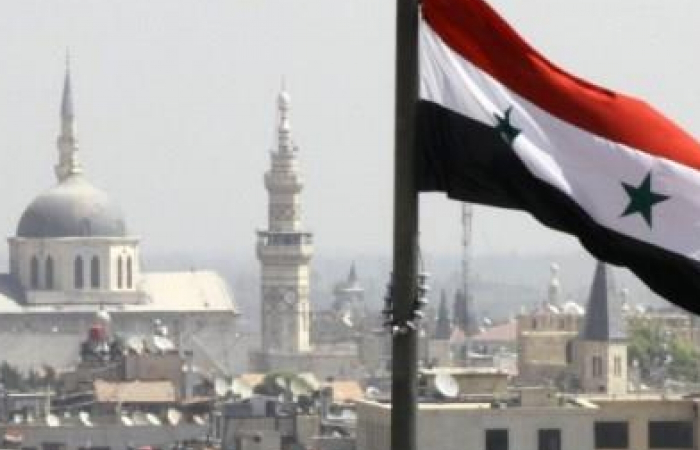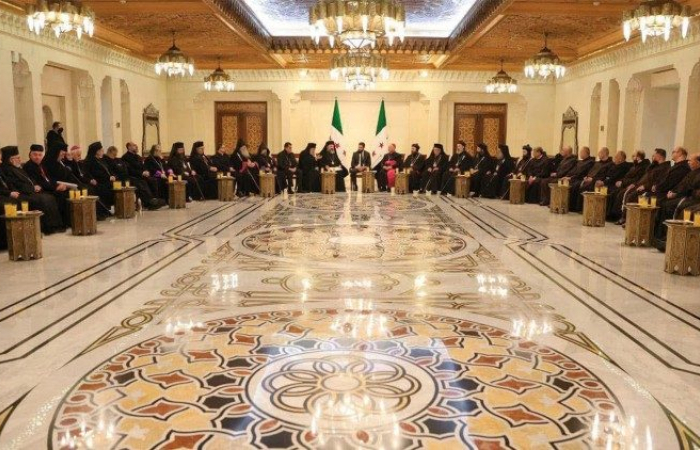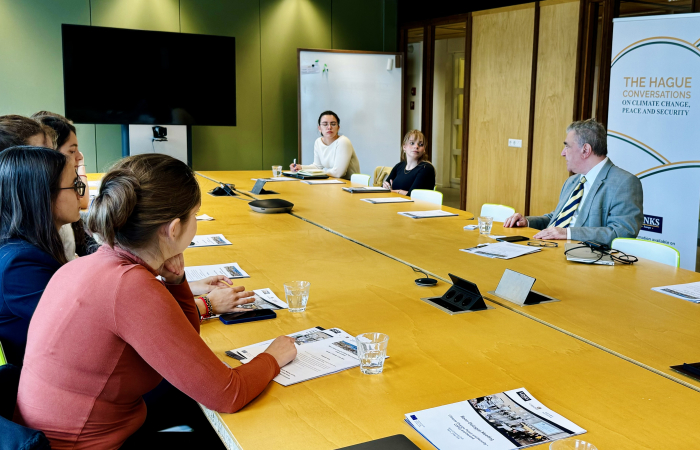- How Trump’s US presidency may impact the South Caucasus
- President Aliyev rejects criticism over arrests of journalists after seven news staff go on trial
- Donald Trump takes oath of office as US President, says he will save America from decline
- Donald Trump takes oath of office as US President, says he will save America from decline.
- Consolidating relations between Georgia and Azerbaijan
- Human Rights Watch releases World Report 2025, says Georgian Government has driven country to a crisis
Focus on the South Caucasus
Voices - Opinion and analysis
Focus on Syria
Focus on NGOs
commonspace.eu is an activity of LINKS Europe, an independent foundation based in The Hague, The Netherlands. We focus on issues related to European peace and security, Europe's neighbouring regions, including Eastern Europe, the Caucasus and Central Asia; North Africa and the Sahel, the Horn of Africa and the Arabian Peninsula. LINKS Europe is committed to contributing to a better future by increasing understanding of complex foreign policy issues, by promoting dialogue and confidence-building as tools for helping to resolve conflict, and by engaging citizens in the process of building peace and security on the basis of solidarity and mutual respect. Through commonspace.eu, we aim to provide insights and analysis on different topics in our area of interest and a platform for diverse opinions.
Read LINKS Europe's work programme for the two-year period 2024-2025 here



